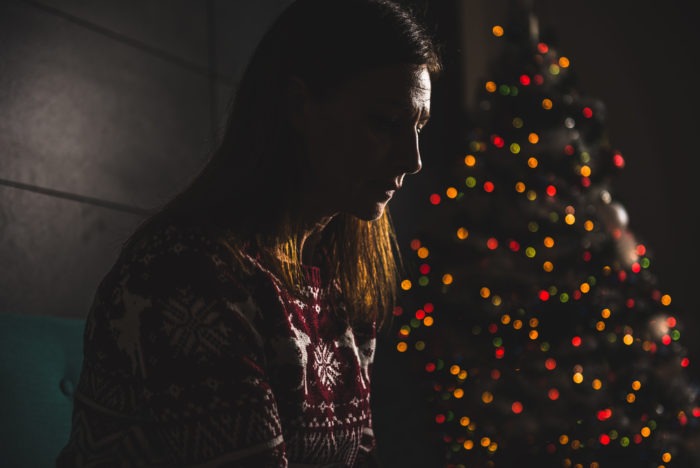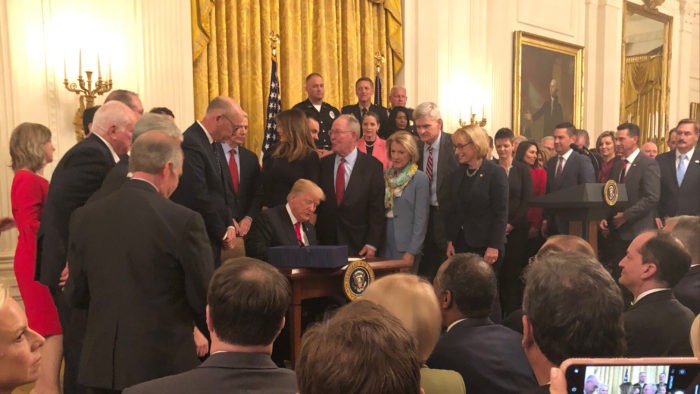Opioid Crisis Expert and Owner of Accessible Beltway Clinics, Dr. John Rosa Reveals His Prediction For Opioid Deaths Over Holidays Was Fulfilled

Dr. John P. Rosa, opioid crisis expert and owner of Accessible Beltway Clinics, tells readers predicting opioid deaths is too easy in the midst of an epidemic and that the holidays always exacerbates the use of drugs because of excessive stress.
ROCKVILLE, MD. February 4, 2019: Owner of Accessible Beltway Clinics and opioid crises expert, Dr. John Rosa, posted a new blog on his website entitled, “As Predicted For Some People The Holidays Were Not Happy,” in which Dr. Rosa talks about how the excessive stress of the holidays increases the likelihood of drug overdoses.
“Here we are on the other side of another holiday season,” writes Dr. Rosa. He continues adding, “Typically, the holiday season is filled with joy, excitement, the happy anticipation of spending time with friends, family and loved ones. However, for some people, the holidays are filled with dread.”
Dr. Rosa points out, “It is well known that excessive stress, especially during the holidays, can trigger negative behavior including the use of drugs and overdose. This is one reason that the use of drugs is exacerbated during the holidays and why so many people in recovery programs relapse during this time.”
According to Dr. Rosa, “As I predicted in my December blog, the holidays proved to be heartbreaking for too many people due to opioid overdose deaths. Due to the opioid epidemic, these deaths are too easy to predict.” He adds, “The pain of losing a loved one to opioid addiction is horrendous and cannot be healed.”
Read the entire blog at http://glt.kji.mybluehost.me/as-predicted-for-some-people-the-holidays-were-not-happy/
About John P. Rosa
Dr. Rosa is the Owner/manager of 14 health clinics in the Baltimore/Washington DC metro areas concentrating on musculoskeletal injuries of acute, subacute and chronic nature. He oversees the Integrative Medicine practice group which includes general medicine, Chiropractic, physical therapy, acupuncture and behavioral medicine that sees over 60,000 patient visits per year.
Active in sports medicine with consulting/treating college, professional and Olympic athletes. Creator of 24/7 RnR (Relief and aiding Recovery) an FDA approved analgesic cream. Founder of Accessible Wellness Solutions – an onsite corporate wellness program offering consulting, lectures and clinic management.
Leader in Chiropractic
Trustee of New York Chiropractic College for over 15 years and serving final 3-year term as Chairman of the Board.
Integrative Medicine Specialist:
- Board service to Maryland University of Integrative Health
- Consultant on Integrative Medicine to hospital cancer center
- Reduced opioid prescriptions by 70% by integrating Chiropractic, physical therapy and behavioral medicine in a primary care setting
- Expert/Speaker – educating primary care, urgent care and hospital medical staff on the Integrative Medicine approach to treating pain patients
Opioid Crisis Expert:
- White House Surrogate/Consultant
- Law Enforcement Consultant (Homeland Security, CBP, DOJ, DEA and Postal)
- State and National Consultant to Opioid Task Forces
- Corporate and professional organization consultant
- Currently forming the Opioid Abuse Prevention Institute
Community Leadership:
- Board member of the National Italian American Foundation
- Volunteer at Crossroads Freedom Center – a residential facility in Maryland to help overcome addiction



